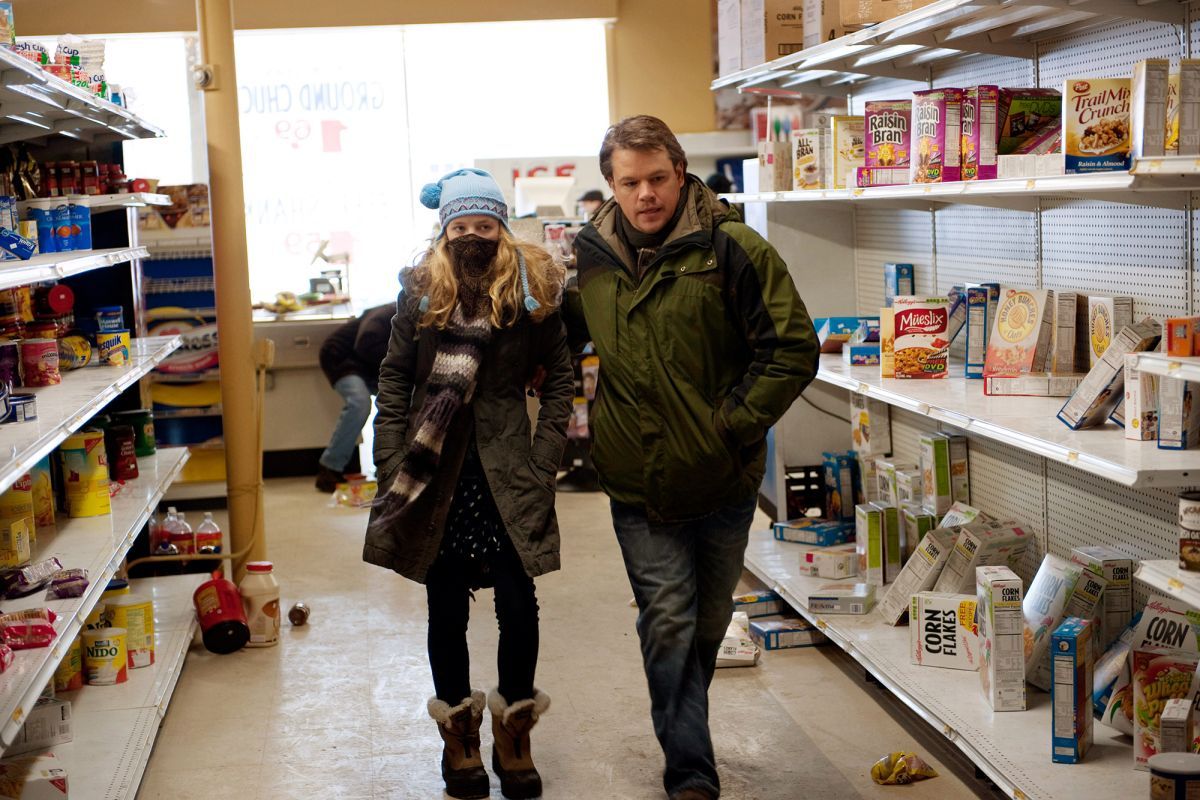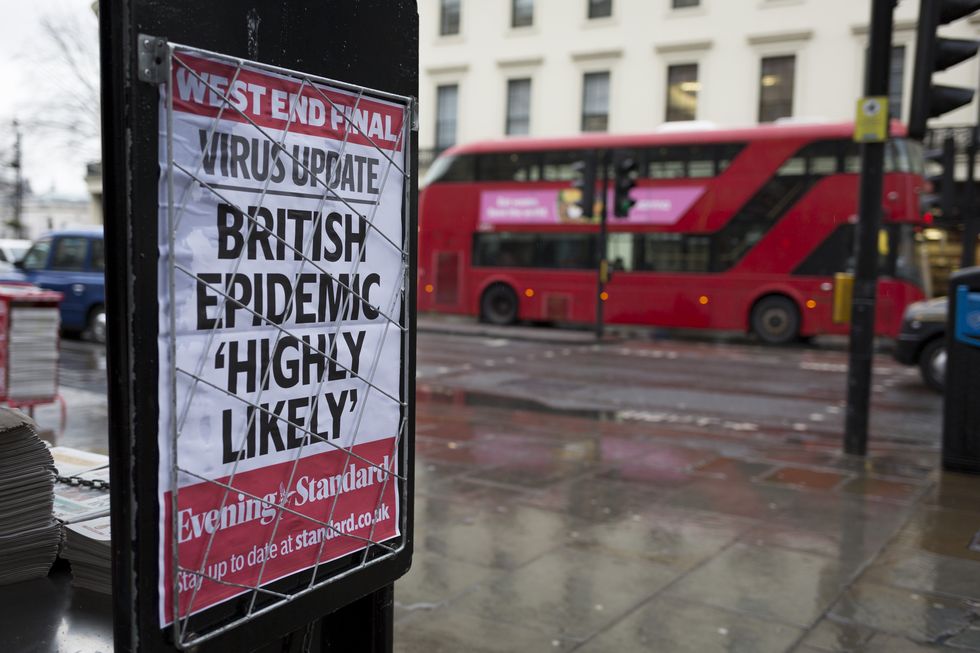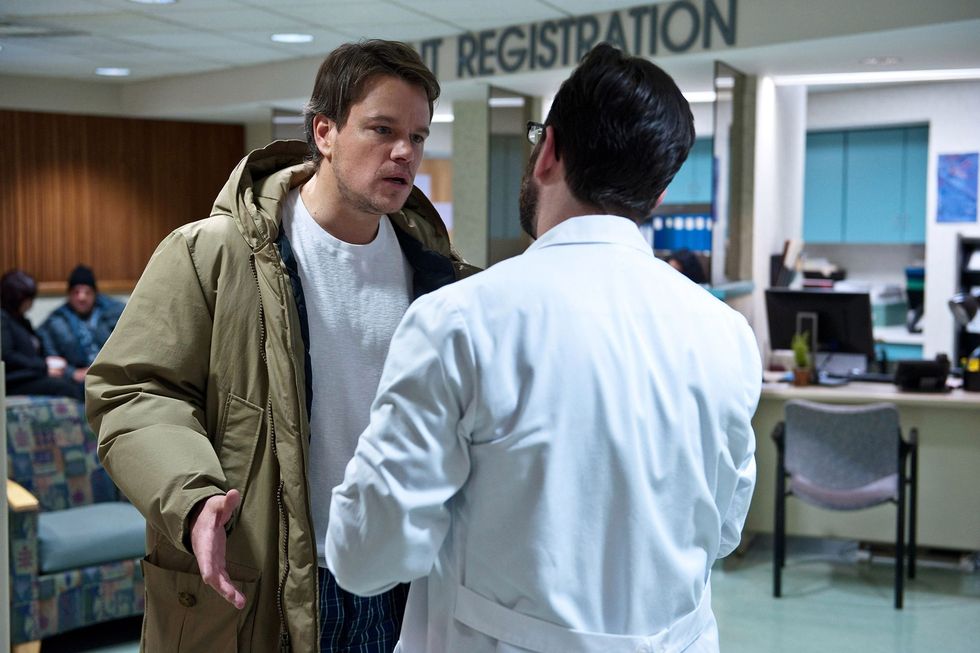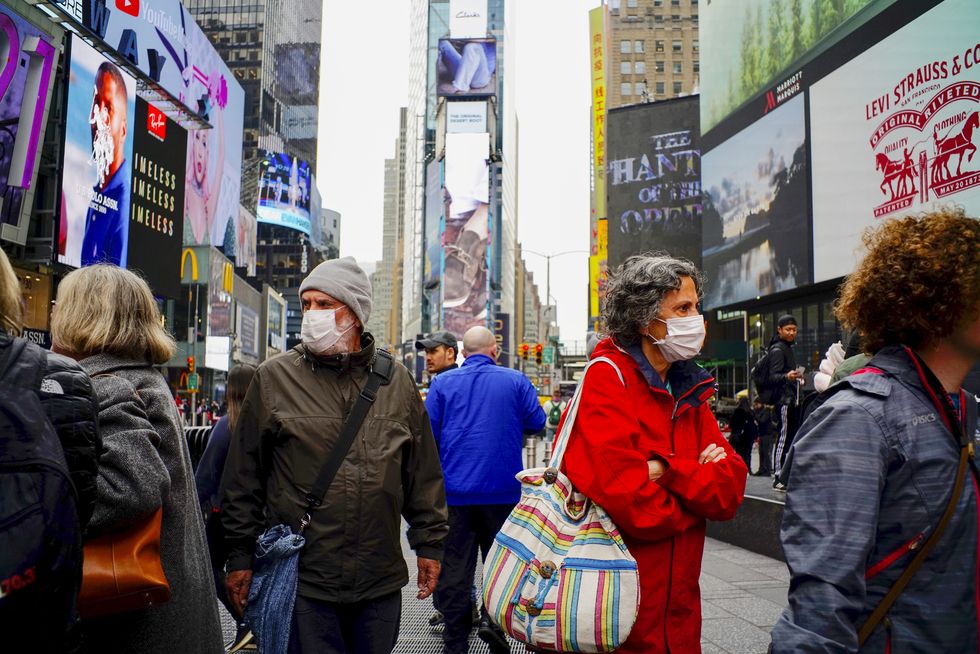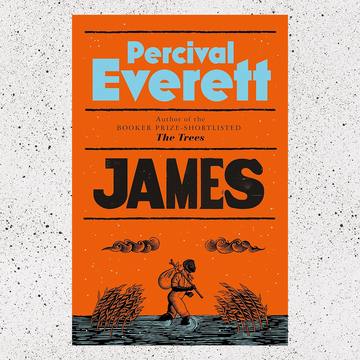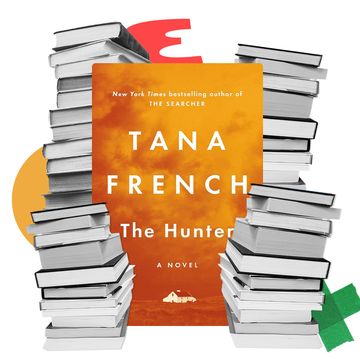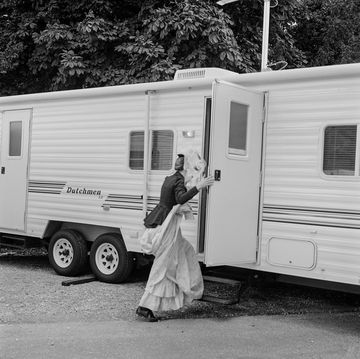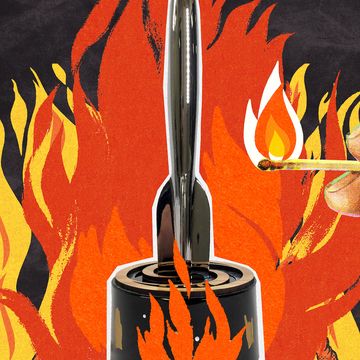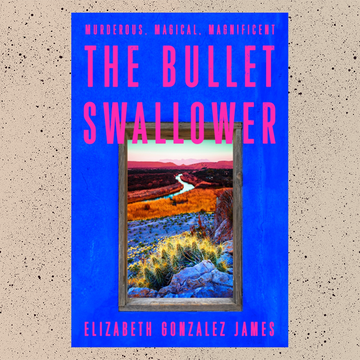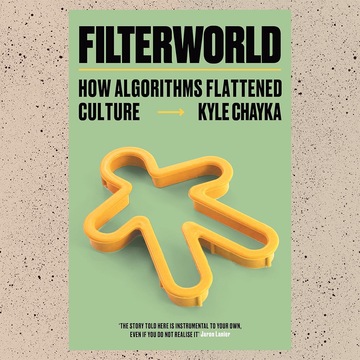Nothing spreads like fear.
So says Steven Soderbergh's Contagion, the 2011 film which tracks the outbreak of a virus from China which goes on to cause a pandemic and societal collapse.
Almost ten years later the film is spreading again, thanks to its eerily prescient depiction of the nascent stages of a highly contagious illness. As whole cities are being shut down due to Coronavirus, Contagion is now one of the most popular rentals in the iTunes film chart, and according to the New York Times, has jumped from number 270 of Warner Bros catalogue of titles at the end of December, to second at the start of 2020.
Discussing the renewed interest in the film, Contagion producer Michael Shamberg told BuzzFeed News: "If it's scary, it's only meant to scare people into taking precautions and it's only meant to scare the infrastructure into doing the right thing. We're not trying to scare people that they're all going to die. We're trying to scare people that you can do something." Shamberg also spoke of the lengths the team went to in terms of research into contagious viruses, adding, "We got the science right."
Soderbergh's film mirrors our current reality in several ways: the chaotic scramble to track patient zero as the infected jump from one to four, the next four to 16; the complicated theories about the transmission between animals and humans; and the conspiracy theorists posting homeopathic cures online.
In one scene a health official called Dave tells Dr. Erin Mears, "My wife makes me take off my clothes in the garage. Then she leaves out a bucket of warm water and some soap. And then she douses everything in hand sanitiser after I leave. I mean, she's overreacting, right?" Kate Winslet's character replies, parroting the exact advice currently doing the rounds on social media: "Not really. And stop touching your face, Dave."
The fact that films like Contagion feel real is not surprising: the hallmark of compelling dystopian fiction is that it reflects some truth about our world. It makes the horrifying feel unnervingly close. That doesn't mean that these works of fiction have become real, but the sense they have accurately predicted something might be why people are looking to fiction for what might come next.
After the 2016 election many people talked about Donald Trump’s presidency as being like a storyline from Netflix's reboot of political drama House of Cards. But when the show’s fifth season was released six months later, it felt as though it had been upstaged, with the show mimicking news stories on Russian troll farms and data breaches on apps rather than predicting new ideas.
Margaret Atwood's 1985 novel The Handmaid's Tale has found renewed relevance – and a TV spin-off – under a Republican government that is seeking to limit the control which women have over their bodies, with several states passing bills which ban abortion as soon as a heartbeat can be detected.
Fiction doesn't give us a map for how to proceed, but it can offer warning signs on what to avoid. In Ling Ma's fatalistic 2018 novel Severance, an outbreak of Shen Fever from Shenzhen, China, turns New York into a zombie city where private security contractors protect the property of the rich, the next step from charter plane company Southern Jet recently telling customers, “Avoid coronavirus by flying private … Request a quote today!”. In Severance, as face-masks become the new normal, designer branded versions – similar to those now cropping up in real life – become a way to express your taste and wealth.
Though the symptoms of Shen Fever – sufferers stuck in trance-like loops of repeating tasks like washing the dishes – are rooted in fiction, on rereading Severance in 2020, it is unnerving how much it captures the seeping panic of coronavirus as cities grind to a halt and death tolls jump. Candace Chen, the lead character, who works in Manhattan manufacturing bibles, uploads photographs of the emptying city to her blog Ghost NY – images which resemble the same pictures of empty supermarket aisles and deserted tourist attractions currently flooding news sites.
Later, with a group of survivors she has joined, a leader called Bob tells her: "One zombie can be easily killed, but a hundred zombies is another issue. Only amassed do they really pose a threat. This narrative, then, is not about any individual entity, per se, but about an abstract force: the force of the mob, of mob mentality. Perhaps it’s better known these days as the hive mind.”
As with Contagion, in Severance the fear is as much for the virus itself as it is about how humanity responds; the chaotic panic and clinging anxiety that brings out the worst in people. Already we are seeing the spreading of fear through fake videos, and the profiteering off it as face-masks are marked up 200 per cent on Amazon and sold alongside bogus 'cures' for the virus.
It is interesting that Contagion, a science-driven and relatively measured take on a pandemic, is what people are looking to, rather than Danny Boyle's 2002 post-apocalyptic film 28 Days Later, which turns a disease outbreak into pure horror. Even with the morbid curiosity in imagining how bad things might get, people still want to hope reality isn't too far away.
Like this article? Sign up to our newsletter to get more delivered straight to your inbox
